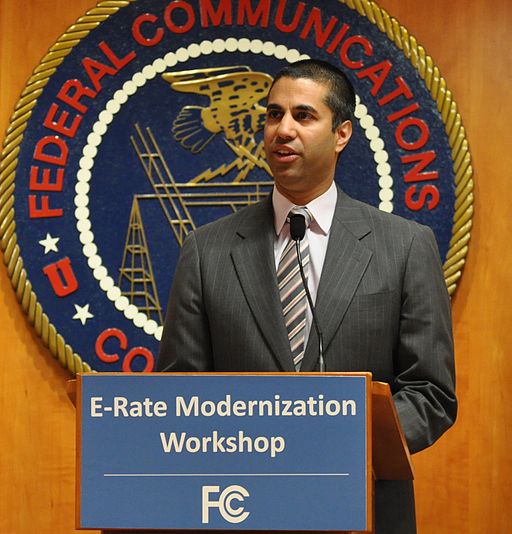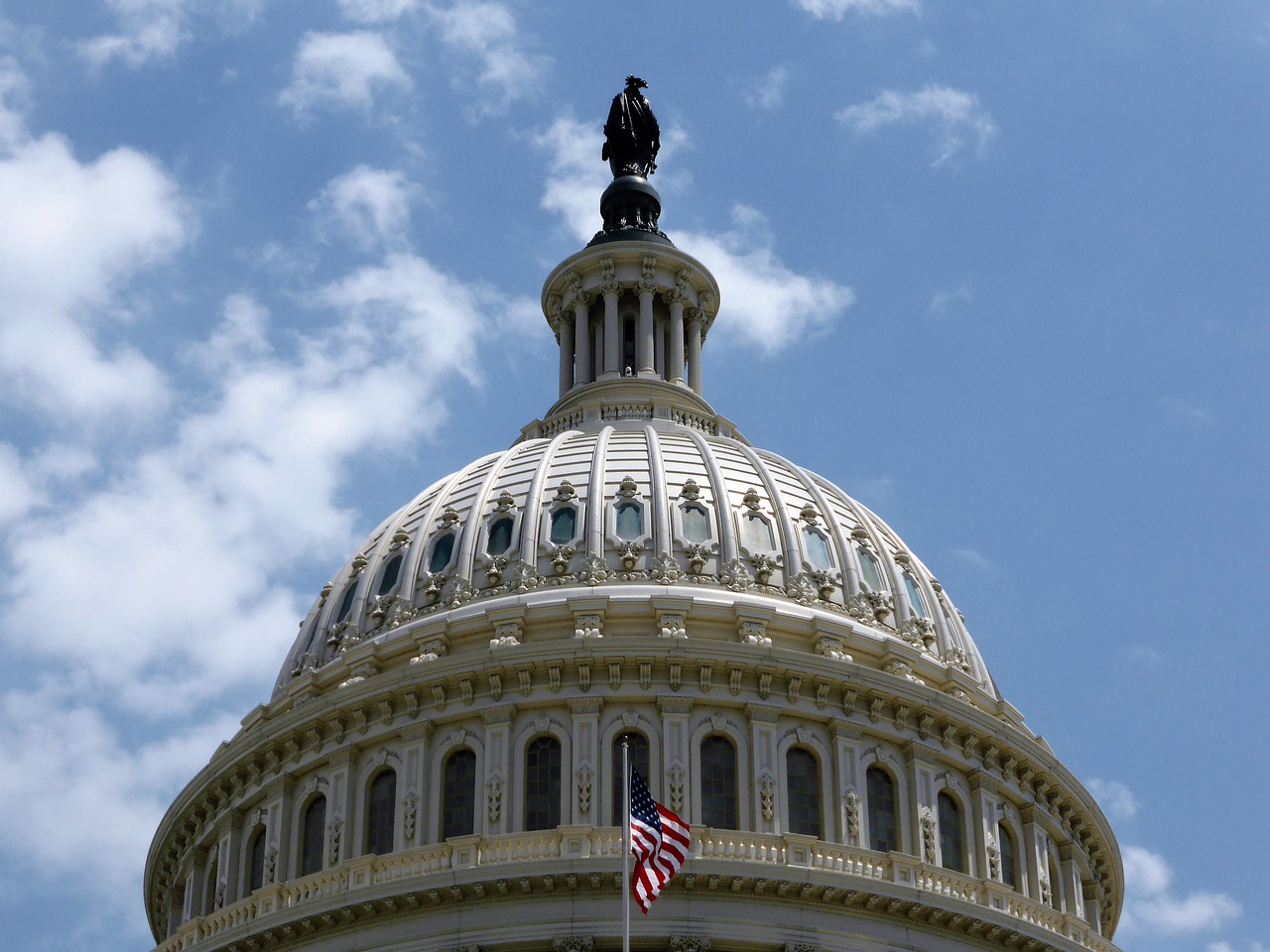Net Neutrality Officially Ends But States and Localities Nationwide Fight Back
On Monday, June 11, the United States Federal Communications Commission officially allowed the rollback and repeal of net neutrality, an Obama era policy established by in 2015. The agency’s executive, Chairman Ajit Pai, was in favor of the policy’s repeal due to his own beliefs that such regulations would stifle or hold back innovation in telecommunication companies. Among the Republican commissioners who voted in favor of the repeal was Pai, Michael O’Reilly, and Brendan Carr. Democratic commissioners Mignon Clyburn and Jessica Rosenworcel voted against the repeal. Pai, Clyburn, Rosenworcel, and O’Reilly were appointed by the Obama Administration whereas Carr was a recent Trump appointment.
Net Neutrality, a term coined by Columbia University media law professor and former New York state lieutenant governor candidate Tim Wu, is a rule where all telecommunication companies must treat all data equality and may not discriminate or charge differently. Essentially, users and consumers of the internet will not be charged more for faster or better speeds, instead, the accessible quality and quantity of the internet will be the same for everyone.
While Congress recently voted to overturn the FCC’s plan in the Senate, governors in New York, New Jersey, Montana, Rhode Island, Vermont, and Hawaii, have signed executive orders protecting net neutrality in their own states. Washington and Oregon have enacted legislation to protect the policy. 22 states nationwide and D.C. have filed a protective petition for the order’s review.




